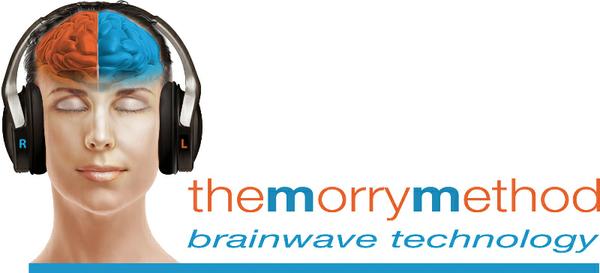Hi ,
With all the buzz about ChatGPT and AI lately, I’ve noticed something fascinating that no one seems to be talking about.
While most people are focused on whether AI will replace jobs or take over the world,
they’re missing a profound insight about human potential.
Here’s the thing: even the most advanced AI systems today operate purely on logic and computation. Sure, they can process information at lightning speed, but they lack something uniquely human—what scientists call "emotional intelligence" and "intuitive cognition."
That’s why AI can write a decent essay or solve complex math problems, but it struggles when tasks require genuine creativity, emotional
understanding, or intuitive decision-making.
And here’s the kicker: these uniquely human capabilities don’t come from our logical minds (the part AI can replicate). They emerge from deeper levels of our consciousness—particularly brainwave patterns linked to intuition, creativity, and emotional intelligence.
This realization changes everything.
For decades, we’ve been conditioned to make our minds more like computers—logical, analytical,
and purely rational. But our true advantage as humans lies in cultivating these deeper abilities that AI simply can’t replicate.
Think about the most successful people you know. Chances are, they’re not just smart—they have extraordinary intuition, emotional intelligence, and creative insight. They "know" things before they can logically explain them.
Warren Buffett calls it his "gut feeling" about investments.
Steve Jobs relied on his "intuitive
understanding" of what people want.
Elon Musk attributes his success to "thinking from first principles," which is a deeply intuitive process.
And here’s the exciting part: science shows that these abilities aren’t magical. They’re rooted in specific brainwave patterns—and these patterns can be enhanced and developed.
Speaking of unlocking human potential... I just saw something from Morry that blew my mind. It’s a completely different way of
thinking about personal transformation, unlike anything I’ve ever encountered.
If you’re curious about what lies beneath surface-level change, you should check it out here.
The AI revolution is teaching us something incredibly valuable: Instead of trying to make our minds more computer-like, we should focus on developing these uniquely human capabilities—our greatest, most unmatchable strengths.
I’d love to hear your thoughts. How do you see the relationship between AI and human potential?

